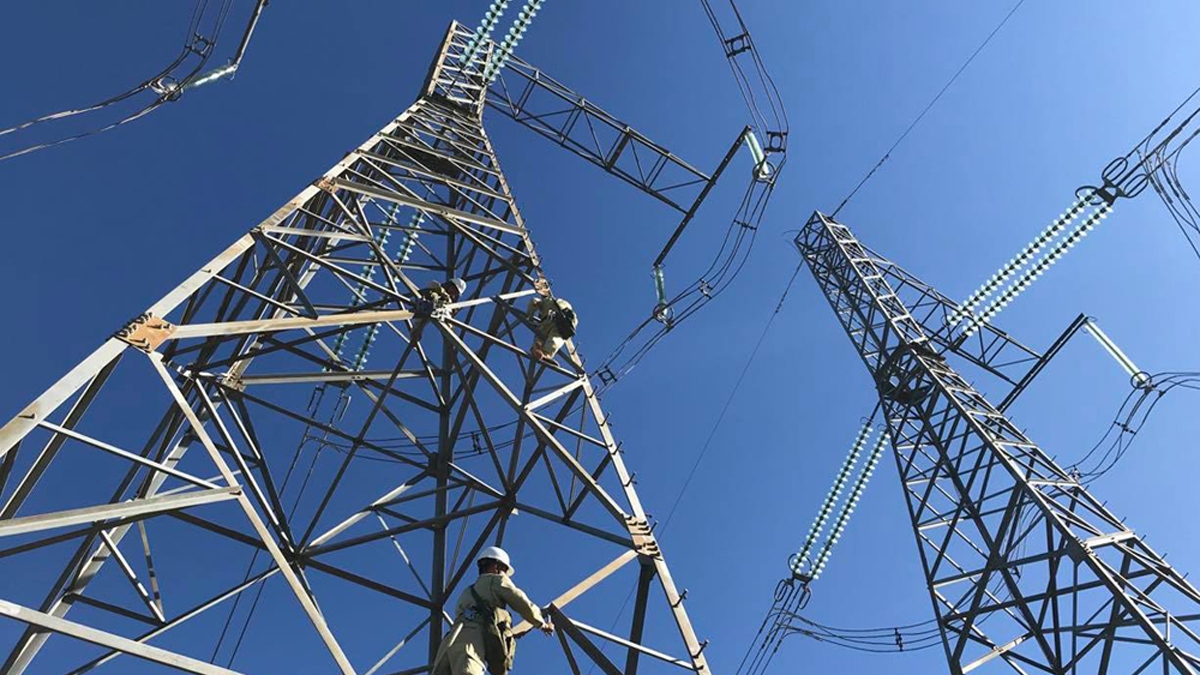
Background Creating a forum for multi-stakeholders to exchange ideas, debate, and discuss on ways to move forward in renewable energy development policies, the Renewable Energy Week not only promoted renewable energy ...
Background
Creating a forum for multi-stakeholders to exchange ideas, debate, and discuss on ways to move forward in renewable energy development policies, the Renewable Energy Week not only promoted renewable energy initiatives but also gave opportunities to interact with policy makers, experts, businesses and social organizations.
After the success of the First Renewable Energy Week in Vietnam in November 2016, VSEA decided to conduct again this event in August 2017 in order to keep promoting renewable energy in Vietnam.
The challenge
Renewable energy is essential for a shift towards a sustainable and reliable energy system that is affordable for all. Our ways of producing and using energy are untenable. Viet Nam’s energy system is increasingly carbon-intensive, using coal, gas and petroleum products such as petrol and diesel. These must be partly imported, which leads to increasing dependency on other countries, and these fossil fuels are the biggest contributors to global climate change as well as air, soil and water pollution in Viet Nam. Coal-fired power plants are already among the major sources of air pollution in the north of the country.
Energy derived from the sun, wind, sea, the Earth’s heat, water and biomass have the potential to meet a large share of Viet Nam’s energy demand in a sustainable way. Harvesting our energy from renewable energy sources can raise prosperity and environmental quality significantly, by securing affordable, reliable and clean energy for everyone. Not only secure energy supply, renewable energy can avoid dependence on other countries for fossil fuel imports, contributing to ensure energy security for the nation. Experience learnt from other countries also shows that development in renewable energy is possible to create local value chains, create more jobs for local people with low educational attainment and bring possibilities to develop rural areas. This is in line with the Vietnamese Government’s effort to achieve new rural development program and green growth action plan.
The Government is aware of the importance of renewable energy and has approved the Viet Nam Renewable Energy Development Strategy to 2030 with outlook up to 2050. Under this strategy, renewable energy will contribute 32.3 per cent of total primary energy consumption by 2030, and thus enable Viet Nam to reduce greenhouse gas emissions by 25 per cent in the same year, as compared to a Business as Usual scenario. The strategy aims to ensure that most households will have access to modern, sustainable and reliable energy services with reasonable prices in 2030. The strategy is responding to the needs to reduce dependency on fossil sources and contribute to better energy security; climate change mitigation; environmental protection; and sustainable socio-economic development.
Yet, despite this acknowledgement of the importance of renewables and commitment to promote it, only a small fraction of the potential has been tapped, representing merely 3.7 per cent of total power output (GIZ Energy Support Program in Viet Nam, n.d.). This is because renewable energy is subject to a variety of barriers that distort the real value of renewable energy and prevent investment in renewable energy from happening.
As barriers to renewable energy deployment in Viet Nam are challenging and the fears of various stakeholders real, to move towards a sustainable energy system, the myths and misconceptions must be debunked. Throughout the National Conferences and side events, we want to identify the main myths and misconceptions, to help overcome barriers that obstruct progress with renewable energy deployment in Viet Nam.
Hanoi Conference
The Hanoi Conference will bring together decision-makers, experts and change-makers engaged in energy science and technology at national level. Together, we will discuss and debate what it will take to meet the increasing national demand for reliable, sustainable, and resilient renewable energy solutions.
Can Tho Conference
The Can Tho Conference will bring the leaders of Mekong Delta provinces with focus on challenges of renewable energy development in Vietnam and propose alternative solutions of clean energy here.
Objective
The Forum will provide a platform to:
-
Discuss best practices and innovations on Renewable Energy development in Vietnam and worldwide;
-
Kick-off a collaborative process between decision makers, experts, and local community;
-
Deep dive discussion on Renewable Energy technology and applications.
Participants
Approximately 150 decision makers, experts, leaders and change-makers, including:
-
High-level decision makers in the energy sector such as planners, engineers, and specialists. Professionals in similar linear sectors such as economic development, environment and natural resources would also benefit;
-
Decision-makers in national legal and regulatory agencies;
-
Development finance professionals in public and private sector infrastructure investment institutions, i.e. multilateral development banks, bilateral aid agencies, government and commercial banks, etc;
-
Non-government organizations active in providing solutions for sustainable energy initiatives covering renewable energy and energy efficiency;
-
Academia, university think-tank and consultants wishing to share experiences or learn more about renewable energy development, energy efficiency practices, energy economics, and climate change mitigation.
Thematic focus
The forum will focus on three themes. These will support the preparation on “Recommendations on Renewable Energy Development in Vietnam”
-
Debunking renewable energy myths;
-
Facilitating the energy transition towards a green and sustainable economy in Vietnam;
-
Strengthening the enabling environment: Policies, laws and regulations to increase incentives for sustainable infrastructure investment.
Outcomes
The plenary session will offer a facilitated debate on the key messages emerging from the Conferences and suggestions for how to move forward. A core working group will compile the recommendations into a single document after the week and circulate it to all participants for further development. The resulting feedback will be incorporated into a paper and case study series on “Recommendations on Renewable Energy Development in Vietnam” (Working title).
Benefits
Participants will:
-
Learn about good practices cases and innovations from Germany, Canada, Australia, and around the world.
-
Use real-world examples to generate and discuss ideas for optimal paths forward.
-
Experience cross-sectoral discussions with leaders in other professions.
How to register
Please, register in the link:
Hanoi: http://bit.ly/Dangkythamdu-Hanoi
CanTho: http://bit.ly/Dangkythamdu-CanTho
Language
Vietnamese and English

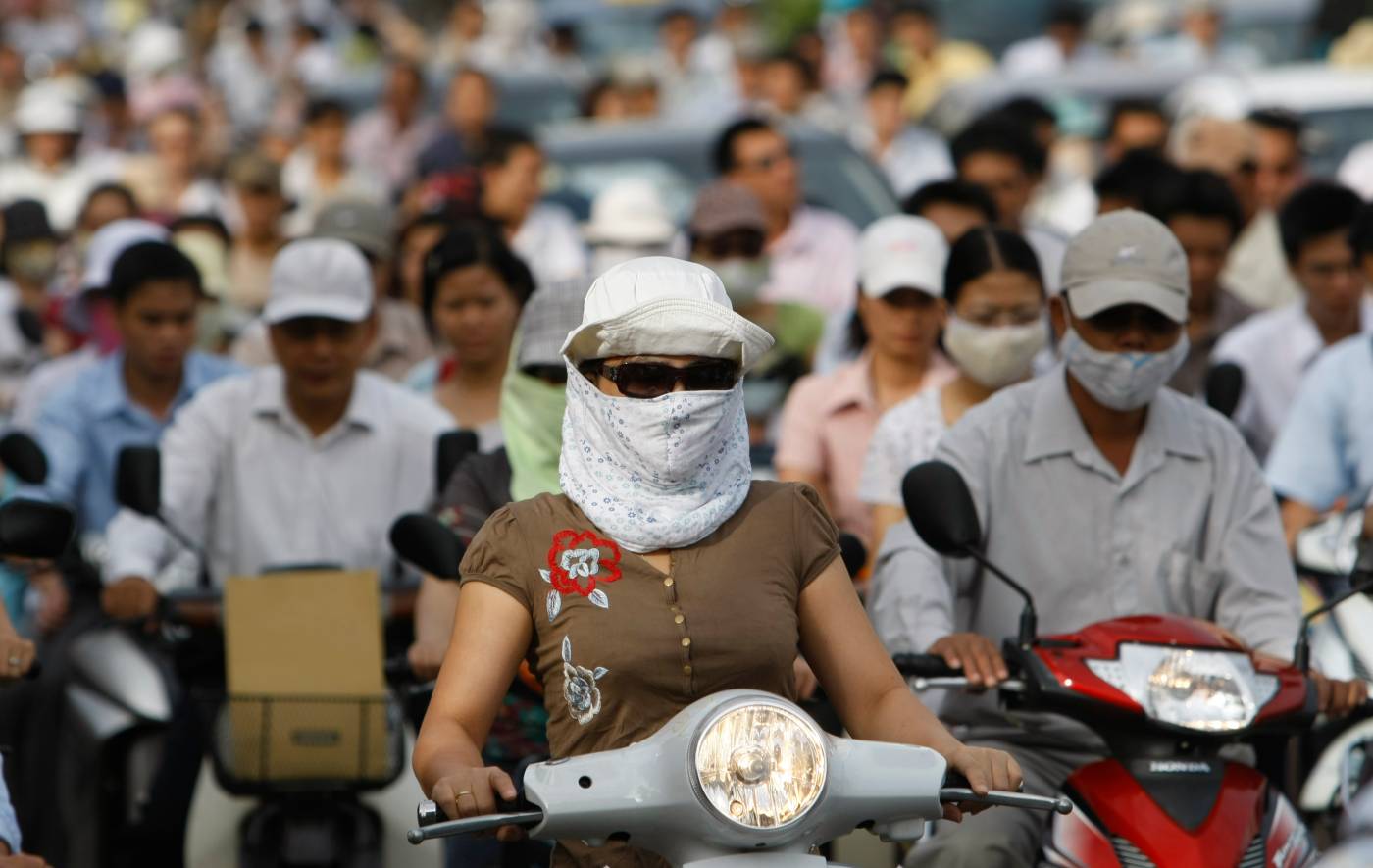
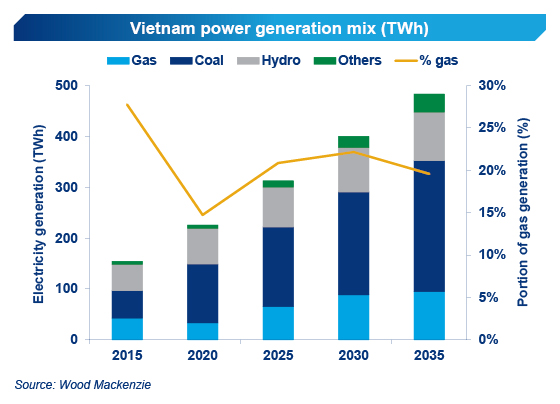
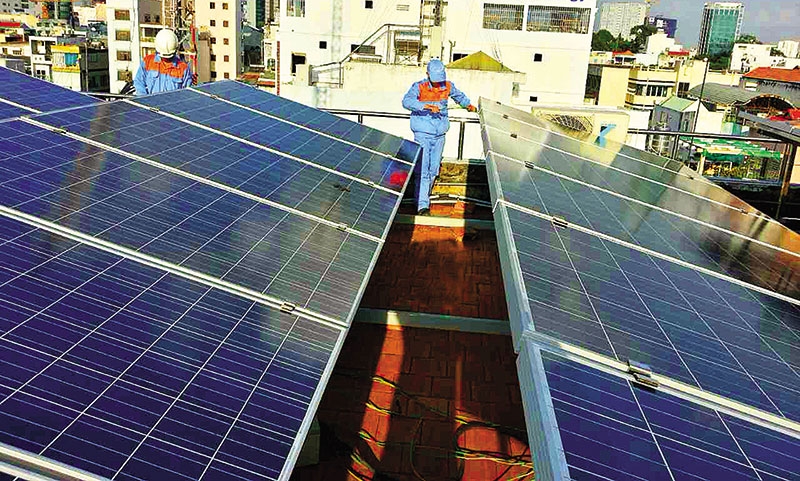
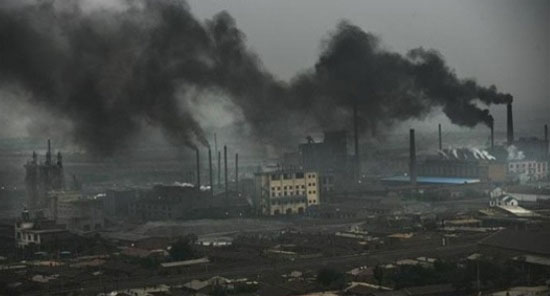
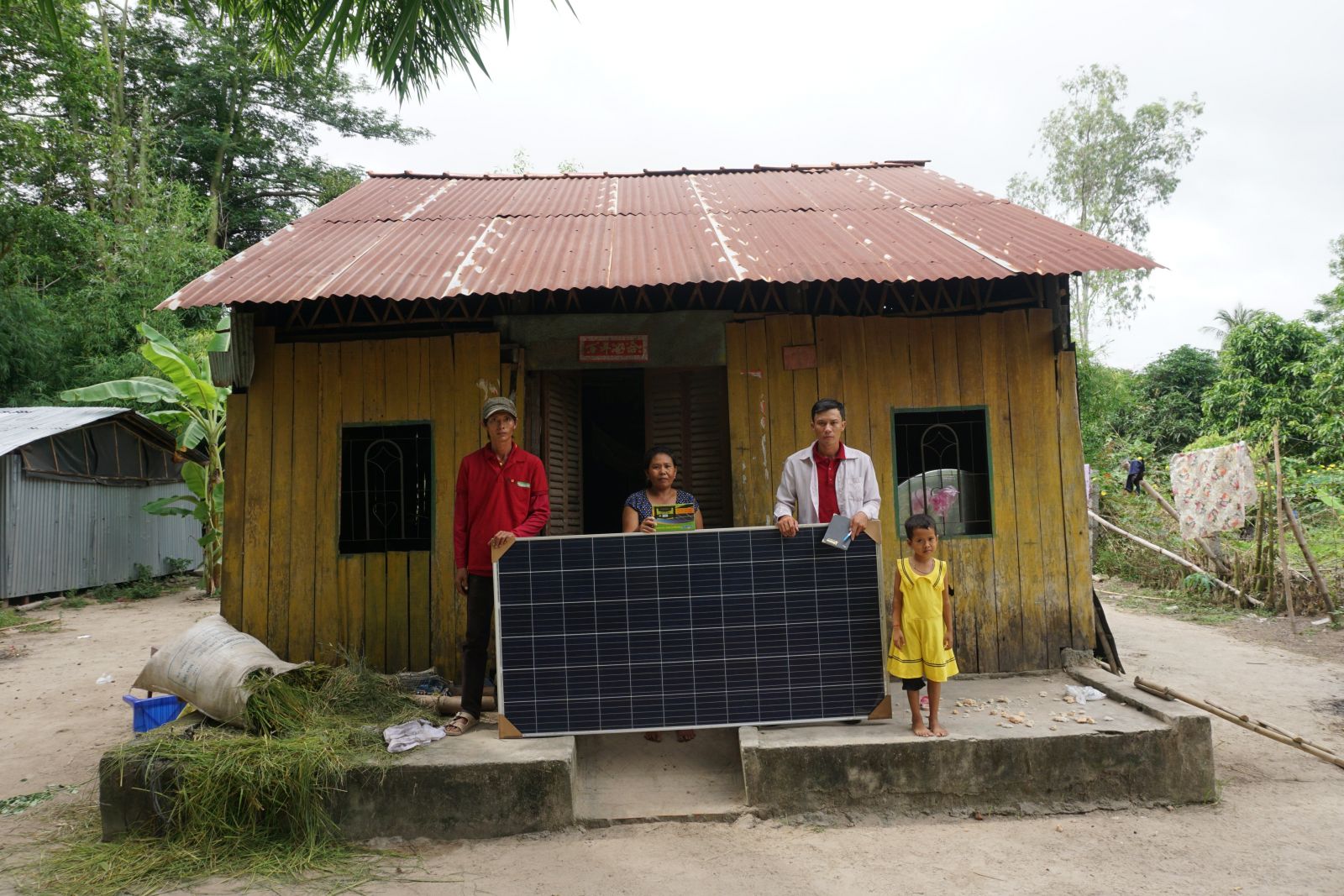

.png)
